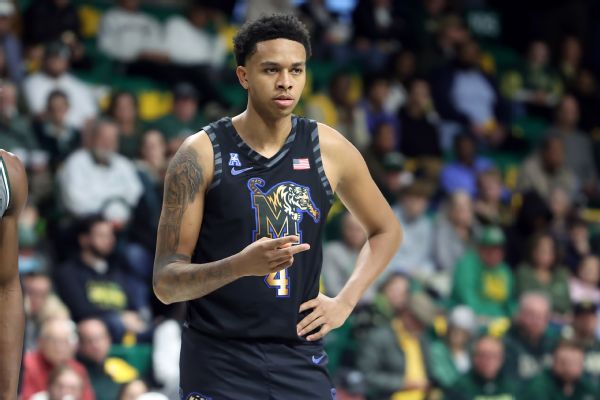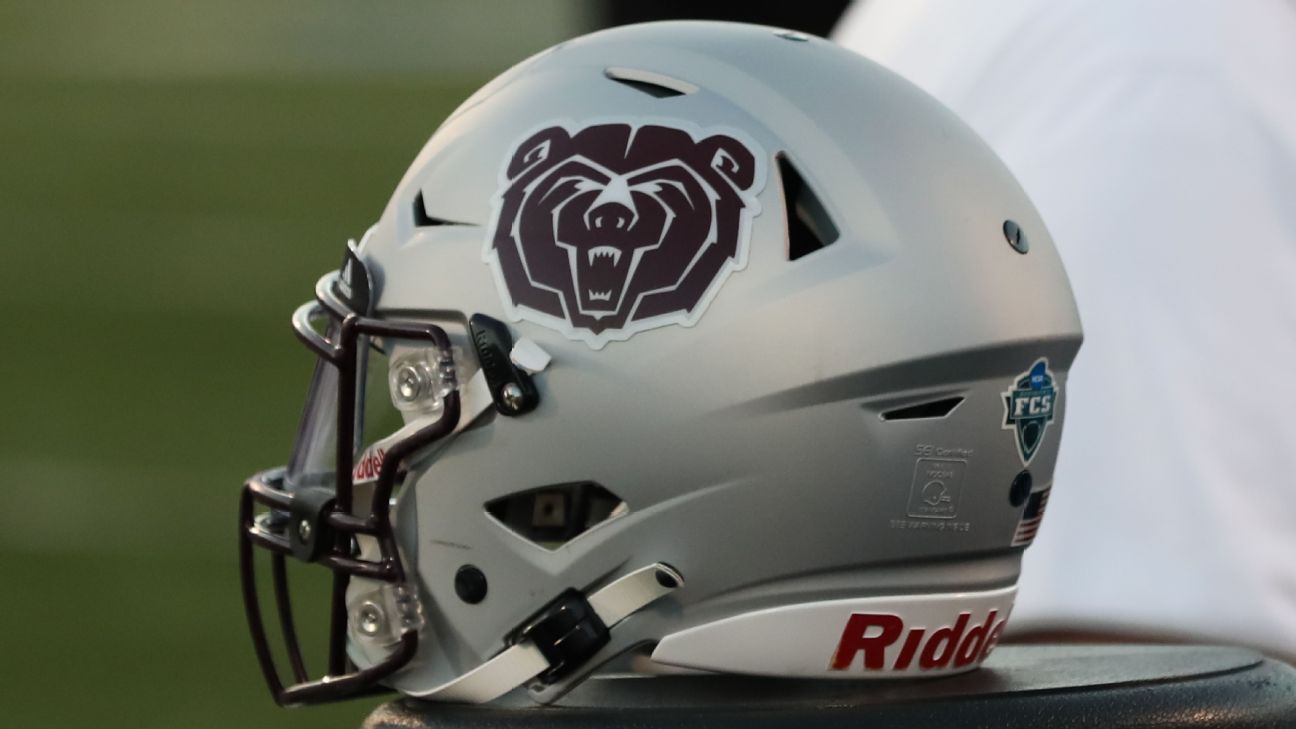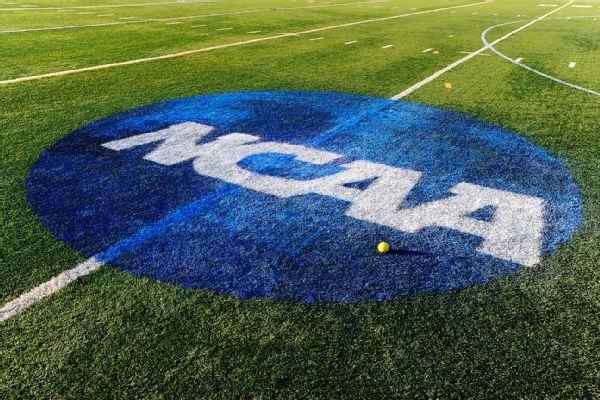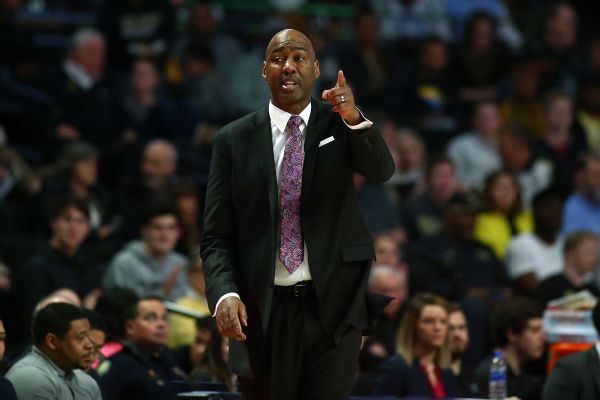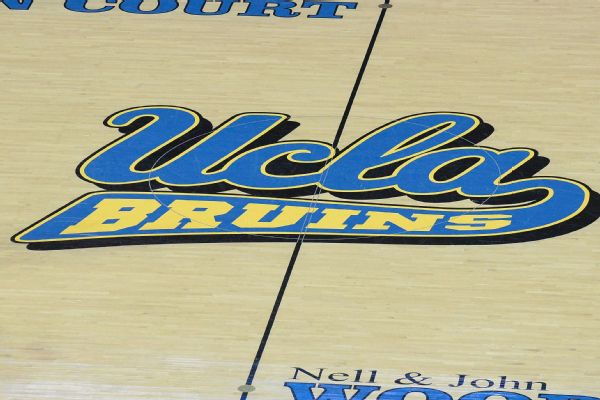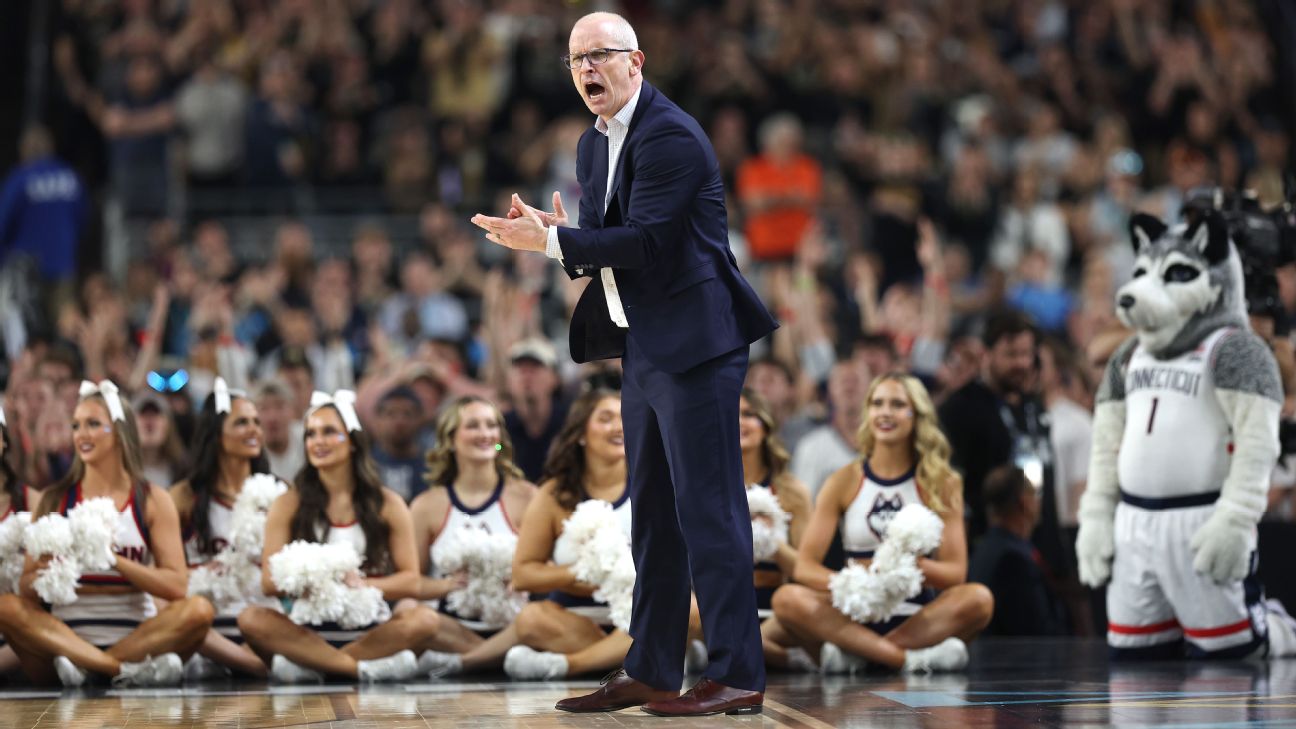![victor wembanyama roy [608x342]](https://a.espncdn.com/photo/2024/0506/r1329325_608x342_16-9.jpg)
NBA playoffs 2024 Conference semifinals news schedule scores and highlights
Victor Wembanyama won the 2023-24 Rookie of the Year award on Monday after having one of the greatest rookie seasons in NBA history.
The San Antonio Spurs center averaged 21.4 points, 10.6 rebounds and a league-leading 3.6 blocks per game.
In February, he became the first rookie since David Robinson in 1990 to record a 10-block triple-double, according to ESPN Stats & Information. Eleven days later, Wembanyama recorded a 5x5 game (at least 5 points, 5 rebounds, 5 assists, 5 steals and 5 blocks), becoming the second rookie to ever do so since blocks/steals became an official stat in 1973-74. He also had a 40-point, 20-rebound game in late March, being only the fifth rookie to record those numbers.
Wembanyama's numbers and performances as a rookie are staggering, which prompted a look back at some of the best rookie seasons of all time across various sports.
NBA Tim Duncan, C, San Antonio Spurs (1997-98)Stats: 21.1 points, 11.9 rebounds, 2.5 blocks, 54.9% FG Awards: Rookie of the Year, All-NBA first team, All-Star
From one Spurs phenom to another, Duncan is the North Star for rookies in San Antonio. He led the team in rebounds and was second in points and blocks per game behind David Robinson.
At 21 years old, Duncan finished fifth in MVP voting and tied for the youngest in the entire pool (Antoine Walker placed 12th). Duncan helped the Spurs win 36 more games than the previous season, though they fell short to the Utah Jazz in the Western Conference semifinals.
Kareem Abdul-Jabbar, C, Milwaukee Bucks (1969-70)Stats: 28.8 points, 14.5 rebounds, 51.8% FG Awards: Rookie of the Year, All-NBA second team, All-Star
In the franchise's second season in the NBA, Abdul-Jabbar helped Milwaukee reach the playoffs for the first time. He led the league in total points (2,361), was second in points per game and third in rebounds per game.
Abdul-Jabbar's scoring output elevated in the playoffs. He averaged a league-high 35.2 points per game on 56.7% shooting. His 352 total points and 10 games with at least 20 points during the postseason remain an NBA record for a rookie.
Magic Johnson, PG, Los Angeles Lakers (1979-80)Stats: 18.0 points, 7.7 rebounds, 5.9 assists, 2.4 steals Awards: All-Star, NBA Finals MVP
Johnson's all-around game was immediately on full display in the NBA. He recorded seven triple-doubles, tied for the league high, plus 19 double-doubles.
However, the Hall of Famer capped a strong rookie season with his performance in the 1980 NBA Finals. With Abdul-Jabbar injured for Game 6, Johnson had 42 points, 15 rebounds, 7 assists and 3 steals to clinch the championship for the Lakers. He is the only rookie to win the NBA Finals MVP award.
Wilt Chamberlain, C, Philadelphia Warriors (1959-60)Stats: 37.6 points, 27.0 rebounds, 46.1% FG Awards: MVP, Rookie of the Year, All-NBA first team, All-Star
There may not be a rookie season as statistically dominant as Chamberlain's in 1959-60. He led the league in points, rebounds and minutes per game. He scored at least 50 points in five games, including a 58-point, 42-rebound game against the Detroit Pistons.
Chamberlain is one of two NBA players to ever win an MVP and Rookie of the Year award in the same season. Wes Unseld earned the accomplishment in 1968-69.
NFL Jim Brown, RB, Cleveland Browns (1957)Stats: 942 rushing yards, 9 rushing TDs, 78.5 rushing yards per game Awards: MVP, Rookie of the Year, All-Pro first team, Pro Bowl
Brown led the NFL in rushing yards, touchdowns and yards per game as a rookie. His 942 rushing yards marked a franchise rookie record until Trent Richardson broke it in 2012. Brown also set the rookie record for yards in a game (237), which stood until Corey Dillon passed it in 1997.
Lawrence Taylor, LB, New York Giants (1981)Stats: 9.5 sacks, 1 interception, 1 fumble Awards: Defensive Player of the Year, Defensive Rookie of the Year, All-Pro first team, Pro Bowl
There may not be a defensive rookie season as memorable as Taylor's, who helped the Giants reach the playoffs for the first time since 1963.
He remains the only player to ever win the Defensive Player of the Year award as a rookie.
Dan Marino, QB, Miami Dolphins (1983)Stats: 2,210 passing yards, 20 passing TDs, 96.0 passer rating Awards: Pro Bowl, All-Pro second team
Selected behind the likes of John Elway and Jim Kelly in the 1983 draft, Marino made himself known early as one of the best from that class. Marino led the AFC in passer rating, while helping the Dolphins win their division and the most games in a season (12) since 1973.
C.J. Stroud, QB, Houston Texans (2023)Stats: 4,108 passing yards, 23 passing TDs, 5 interceptions, 100.8 passer rating Awards: Offensive Rookie of the Year, Pro Bowl
The No. 2 pick in the 2023 draft had a stellar rookie season, which showcased an impressive ability to take care of the football.
He threw 198 consecutive passes without a turnover, including in the playoffs -- the second-longest streak of pass attempts without throwing an interception. Stroud had six games of multiple pass attempts and no interceptions, tied for the most by a rookie in a single season in NFL history. He also became the youngest starting quarterback to win a playoff game.
In Week 9 against the Buccaneers, Stroud had 470 passing yards and five passing touchdowns, becoming the sixth player in NFL history to throw for 450-plus passing yards, at least four touchdowns and no interceptions. His 470 passing yards marked a single-game rookie record.
MLB Ichiro Suzuki, RF, Seattle Mariners (2001)Stats: 242 hits, 56 stolen bases, .350 batting average, 69 RBIs Awards: American League MVP, American League Rookie of the Year, All-Star, Golden Glove, Silver Slugger
The 27-year-old rookie dominated Major League Baseball with league highs in hits, stolen bases and batting average. Ichiro also set the record for most hits by a rookie in a single season.
His efforts put him in rare air -- he became the only player to win MVP, Rookie of the Year, a Golden Glove and Silver Slugger award in the same season. He is also one of two players to ever win the MVP award in their rookie season (Fred Lynn in 1975).
Fred Lynn, CF, Boston Red Sox (1975)Stats: 175 hits, 103 runs, 105 RBIs, .331 batting average, 47 doubles Awards: American League MVP, American League Rookie of the Year, All-Star, Golden Glove
The first MLB player to win MVP and Rookie of the Year in the same season, Lynn led the MLB in runs, doubles and OPS. He also had an impressive game with 10 RBI and three home runs against the Detroit Tigers in June 1975. His 10 RBI were two short for the most in a single game.
Dwight Gooden, P, New York Mets (1984)Stats: 31 starts, 17 wins, 7 complete games, 276 strikeouts, 2.60 ERA Awards: National League Rookie of the Year, All-Star
Gooden on the mound became a treat to watch in New York. He led the league with in strikeouts -- his 273 is the fourth most ever by a rookie -- and WHIP (1.073). His 17 wins were also the fourth most by a rookie pitcher since 1960.
Mike Trout, CF, Los Angeles Angels (2012)Stats: 182 hits, 129 runs, 83 RBIs, 49 stolen bases, .326 batting average Awards: American League Rookie of the Year, All-Star, Silver Slugger
There weren't many records that Trout didn't set that year.
He became the first player to hit 30 home runs, tally 45 stolen bases and score 125 runs in the same season. He set the Angels' rookie record for hits and runs scored in a season. He also had a wins above replacement of 10.5, the first center fielder to reach that total since Willie Mays in 1964.
Trout ended up finishing second in American League MVP voting.
NHL Mario Lemieux, C, Pittsburgh Penguins (1984-85)Stats: 100 points, 57 assists, 43 goals Awards: Calder Memorial Trophy, All-Star, All-Rookie First-Team
The 19-year-old Lemieux scored a goal with his first NHL shot, setting the precedent for a strong rookie campaign. He never went more than two consecutive games without recording a point throughout the season. Lemieux's 43 goals, 57 assists and 100 points were a Penguins single-season record.
Alex Ovechkin, LW, Washington Capitals (2005-06)Stats: 425 shots, 106 points, 54 assists, 52 goals Awards: Calder Memorial Trophy, All-Star, All-Rookie team
Ovechkin led the NHL in shots and tied for third in points and goals. His point and goal total is the third most all time for a rookie.
Teemu Selänne, RW, Winnipeg Jets (1992-93)Stats: 132 points, 76 goals, 56 assists Awards: Calder Memorial Trophy, All-Rookie team, All-Star
After some time in Finland, Selänne joined the NHL and made his mark instantly.
Selänne has the most points by a rookie in NHL history. (Wayne Gretzky's stellar debut season is not considered a rookie season.) His 76 goals were tied for the most in the NHL that season and is now tied for the fourth most all time. He also had five hat tricks, the most by a rookie since the 1917-18 season.
Sidney Crosby, C, Pittsburgh Penguins (2005-06)Stats: 102 points, 39 goals, 63 assists Awards: All-Rookie first team
"The Next One" lived up to his nickname during his debut NHL season. Crosby became Lemieux's teammate and ended up breaking the franchise records Lemieux had set for points and assists in a rookie campaign. He also finished second behind Ovechkin for the Calder Memorial Trophy and scored 39 goals and 102 points. At 18 years and 253 days, he became the youngest player to record 100 points, a record that still stands.
WNBA Candace Parker, F, Los Angeles Sparks (2008)Stats: 18.5 points, 9.5 rebounds, 3.4 assists, 2.3 blocks
Awards: MVP, Rookie of the Year, All-WNBA first team
After a dominant collegiate career with the Tennessee Lady Volunteers, Parker didn't miss a beat in her first WNBA season. She is the only WNBA player to win Rookie of the Year and MVP in the same year.
Parker had 17 double-doubles that season, including a 34-point, 12-rebound one in her debut game. She scored her career-high 40 points, plus 16 rebounds, two months later in a win against the Houston Comets. A year after holding the No. 1 overall pick, the Sparks reached the Western Conference Finals, but lost to the San Antonio Silver Stars.
Breanna Stewart, F, Seattle Storm (2016)Stats: 18.3 points, 9.3 rebounds, 3.4 assists, 1.9 blocks
Awards: Rookie of the Year, All-WNBA second team, All-Defensive second team
Stewart immediately fit in after joining a Storm side with Sue Bird and Jewell Loyd.
Stewart led the team in points, rebounds, blocks and steals per game. She had 12 double-doubles and scored at least 20 points in a game 15 times in the season. She finished sixth in MVP voting and second for Defensive Player of the Year, the youngest player to appear as a finalist for both awards.
A'ja Wilson, F, Las Vegas Aces (2018)Stats: 20.7 points, 8.0 rebounds, 2.2 assists, 1.7 blocks
Awards: Rookie of the Year, All-Star
Wilson's rookie season is one of the greatest statistically in WNBA history.
Her 20.7 points per game are the second most by a rookie in league history, topped only by Seimone Augustus' 21.9. Wilson was one of two players in 2018 to average 20 points, 5 rebounds and 1.5 blocks per game, the other being Liz Cambage, who was the MVP runner-up. Wilson also scored at least 20 points per game in five straight games that season.
Tamika Catchings, F, Indiana Fever (2002)Stats: 18.6 points, 8.6 rebounds, 3.7 assists, 2.9 steals
Awards: Rookie of the Year, All-Star, All-WNBA first team
The future Hall of Famer had 12 double-doubles and 17 games of at least 20 points.
She led the league in steals per game and win shares (9.19), while leading the Fever to their first WNBA playoff appearance in franchise history. In her rookie year, Catchings also led the Fever in points, rebounds and assists, and was in the league's top 10 in points, rebounds, assists, steals and blocks.


